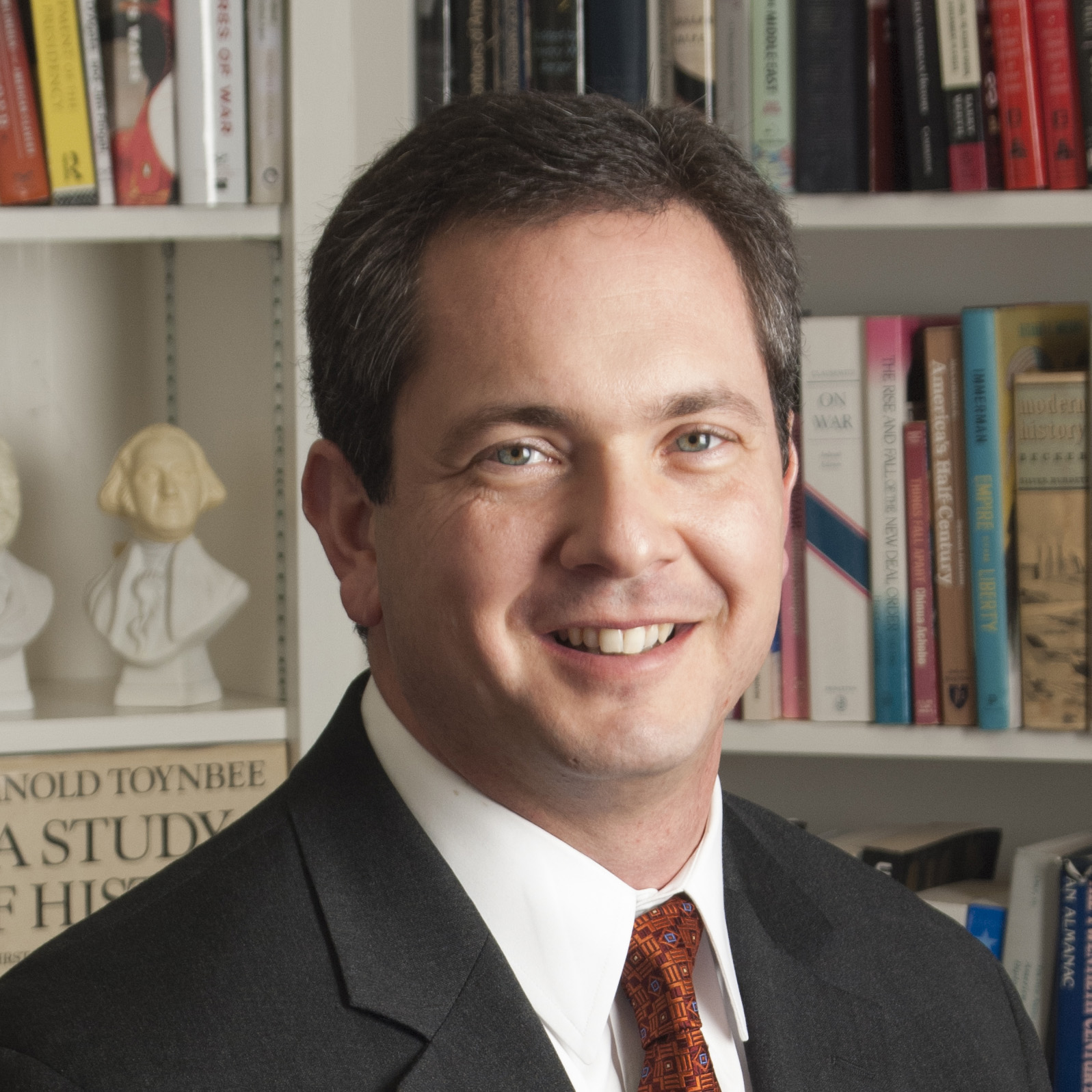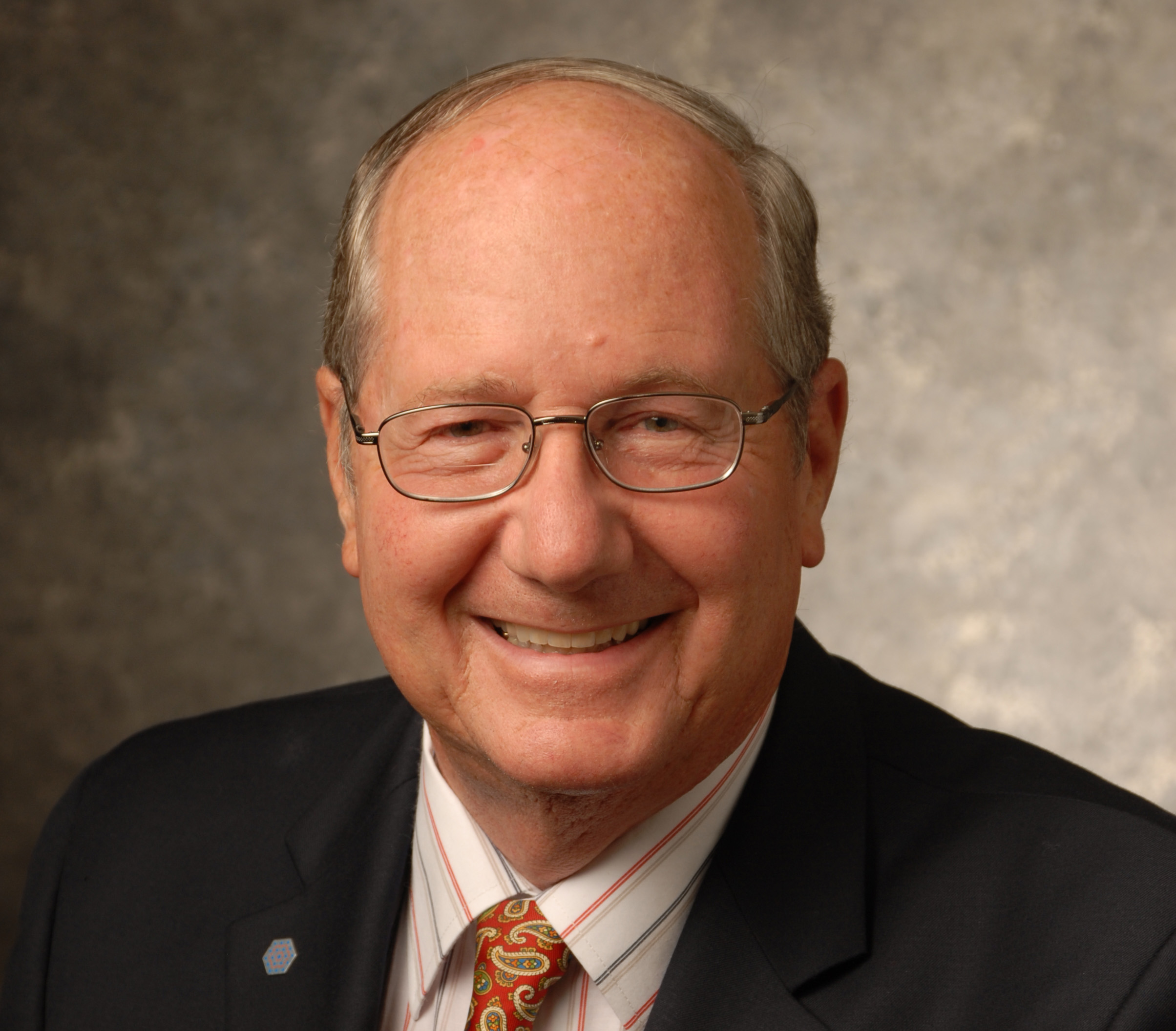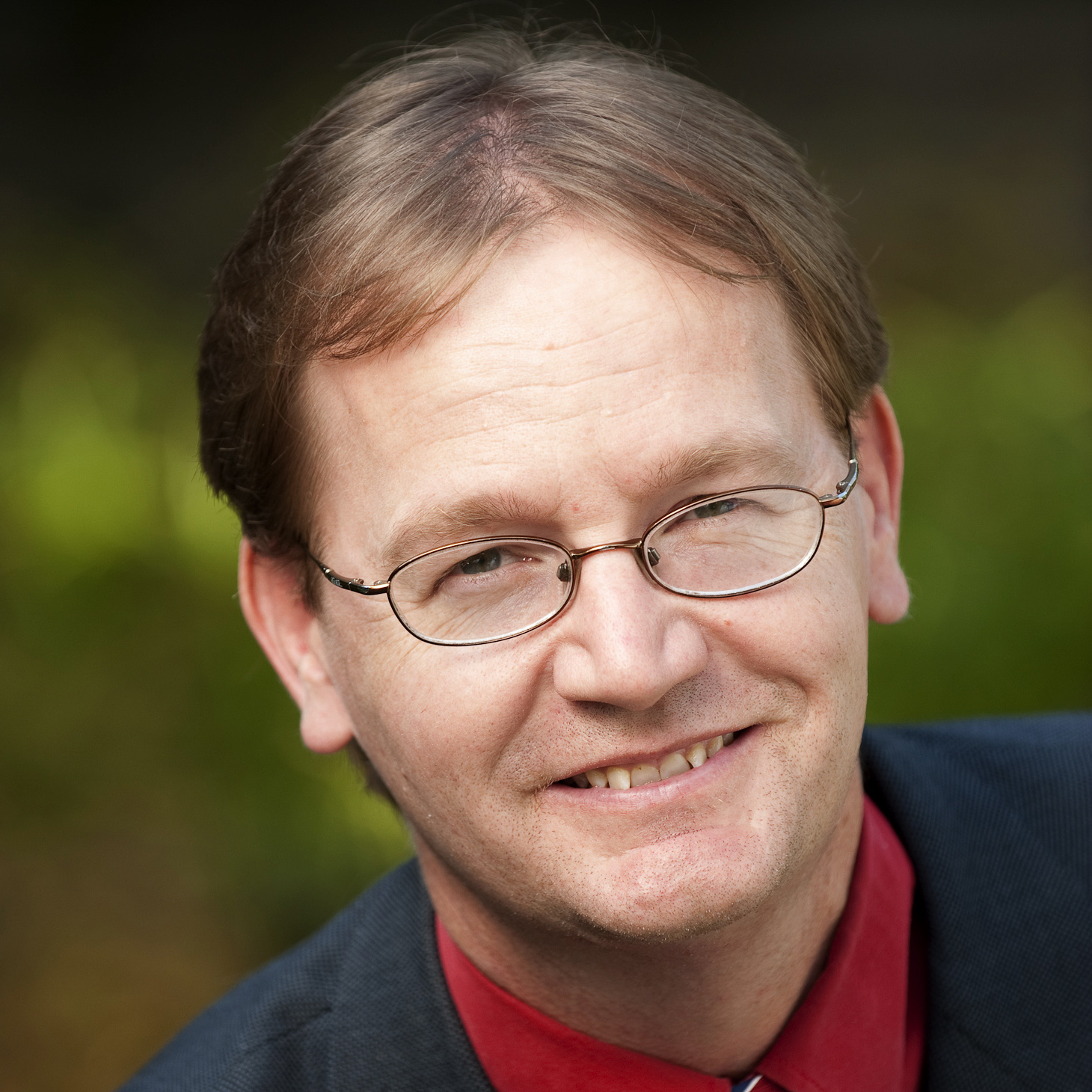Premature polls, economic uncertainty & the art of the deal
SMU experts are available for interview on all things related to the current state of the presidential race.
DALLAS (SMU) – SMU experts are available for interview on all things related to the current state of the presidential race.
| HOLD YOUR HORSES, POLLSTERS, YOU’RE GETTING AHEAD OF YOURSELVES |
|
|
The dust had hardly settled on Donald Trump’s cementing of the Republican nomination before the first polls came out predicting the outcome of the general election, and they’ve hardly stopped since. Hold up, cautions Engel. These polls don’t mean anything yet. “Historically, May polls matter not a lick,” Engel says. “In fact, I’m hard pressed to think of any May poll, with the exception of Ronald Reagan in ‘84, that was indicative of the final outcome.” Engel rattled off a list of examples that underlined his point. “In May of 1988, Michael Dukakis was up 20 points – that’s the most famous one,” Engel says. “In May 1992, the person leading the race was Ross Perot. The most interesting was May of 2000, when George W. Bush was up by double digits. He ultimately won – sort of – but it was razor thin at the end and not indicative of what we were seeing in May. “The only vote that matters at the end of the day is the electoral college, so the only polls remotely helpful in predicting the race focus on individual states, but even those I wouldn’t pay any attention to whatsoever until three or four weeks after the conventions,” Engel adds. That said, Engel concedes some polls do reveal elements of useful information. “It is notable, for example, that Trump is doing predictably terribly among women and Clinton is doing predictably wonderfully among minorities,” Engel says. “What’s surprising is Clinton is doing surprisingly poorly among white males of all education levels. “Clearly there are divisions in the country revealed by the polls,” Engel continues. “Candidates will typically tweak their messages to appeal to these divisions, but I have no confidence Trump will do anything in particular with this information because he never follows the traditional playbook.” Engel is director of the SMU Center for Presidential History. He can discuss:
|
|
| RUNNING THE GOVERNMENT AND RUNNING A BUSINESS ARE NOT THE SAME THING |
|
|
Donald Trump often sells his business acumen as proof positive he could run the government better than the politicians in charge. While some of the skills a CEO needs to be successful could come into play in the Oval Office, Weinstein cautions that government is in many ways a different animal from a private corporation. “There are some things businesses can do better than government agencies, but that’s different from managing the one-third of the economy that government has a hand in and pretending it’s a business when the objective is very different,” Weinstein says. “The objective of government is right there in the preamble to the Constitution, ‘Insure domestic tranquility, provide for the common defense, promote the general welfare and secure the blessings of liberty to ourselves and our posterity.’ These are not necessarily profitable objectives.” Weinstein says many Americans are still buying into Trump’s promise that he can fix the economy because they don’t understand the economy. “Trump’s off-the-cuff comments on economic policy are somewhere between the irrational and the ridiculous,” Weinstein says. “Most voters don’t understand what he’s talking about when he talks about renouncing the debt or throwing tariffs on our goods. They seem to forget other countries can do the same to us, too.” Weinstein is an economist and associate director of SMU’s Maguire Energy Institute. He can discuss:
|
|
| ARE TRUMP’S EVER-CHANGING POSITIONS A GOOD THING? |
|
|
It can be hard, sometimes, to put a thumb on what Trump’s positions are. In the past week alone, he offered conflicting messages on economic policy and suggested his tax proposal was negotiable. It’s this last word, “negotiable,” that might explain why Trump could be good for the political process and why he’s able to get away with shifting positions that would earn most traditional politicians a “flip-flopper” label. “It’s because he’s a businessman,” Martin says. “That’s where the language he uses around the Art of the Deal, like ‘negotiate,’ works for him. “You can’t have a political system where people will not negotiate or change their minds or give a little here to get a little there,” Martin says. “But in the Republican Party – and to an extant the Democrat party – it’s been anathema to give a little to get a little.” Yet Trump can change nearly every position he has on a rapid basis without any serious backlash from his supporters. “The one thing he has never shifted his rhetoric on is, ‘Build that wall,’” Martin says. “As long as he has not wiggled on that, his base of support has allowed him to suggest he’ll bring negotiating back to the political system.” While Martin says bringing “negotiation” back to government would be a good thing, she cautions that Trump’s business approach to governing is fraught with peril. “One of the worst analogies that has gained mainstream purchase is that you can run a government like a national business on a budget,” Martin says. “These are different things with different goals. When you run a business, the goal is to make money. If you say the goal of the government is to make money, nobody will agree with that. “So that’s where it really starts to break down,” Martin adds. “We see all the time people want a business person to fix government, and I see that’s a problem because it never gets us to asking, ‘What is our goal?’” Martin is an SMU assistant professor of Communication Studies in the Meadows School of the Arts. She can discuss:
|
|
| POLITICAL DEBATE MOVES OFF THE STATE AND ON THE TUBE |
|
|
When Voth turns on cable news, he often sees something familiar on the TV: Two diametrically opposed political spokespersons debating the topic of the hour. Whether that’s good or not, says Voth, is up for debate. “If it leads to more participation, it is a good thing,” Voth says. “But debates that are personalized and non-substantive do not help inform the voters.” TV news can sometimes be both at the same time. “As non-participants become participants, their knowledge is low and relatively uninformed, which brings worse political decision-making,” Voth says. “This is a cycle of populism throughout the U.S. and around the world. Knowledge is manipulated and controlled by an elite to the point where there are mass uprisings against the knowledge-givers. If this uprising can occur while leaving rule of law and checks against mob rule intact, then these informal debates can be good for the political process.” It’s a delicate stew, and social media is turning up the heat. “The rash features of Twitter make ugliness more likely and thoughtfulness less likely,” Voth says. “Voters feel that they have been lied to for quite some time. Recent news that Facebook manipulates news feeds is another episode in the public’s sense that truth is being violated, which contributes to electoral anger.” Given this sense of “information manipulation,” Americans appreciate the debate style of network TV, says Voth, because it makes them feel they’re hearing both sides. “The most-partisan 15 percent of viewers on either side of a question like seeing their hero spin the story and they will likely re-post it and say that their hero got the best of the opponent,” Voth says. “It can counteract public perceptions of violated trust if they see their own views mirrored in media panels.” Voth is SMU’s director of debate and an associate professor of corporate communications and public affairs. He can discuss:
|
|
###
SMU is a nationally ranked private university in Dallas founded 100 years ago. Today, SMU enrolls approximately 11,000 students who benefit from the academic opportunities and international reach of seven degree-granting schools.
21748-nr-5/13/16-kr



